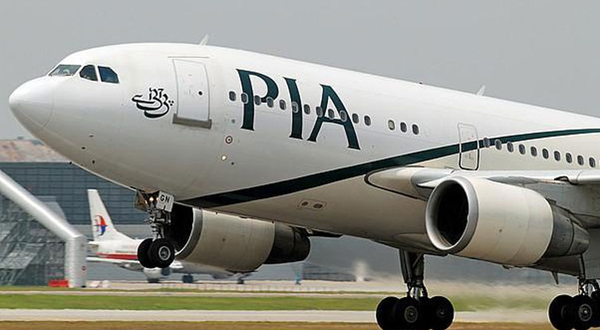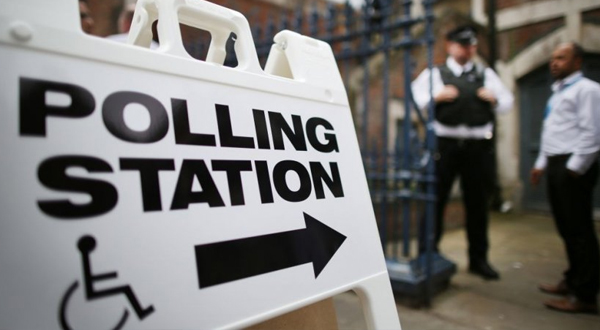Pakistan International Airlines (PIA) has won part of a long-running case at the London High Court after three judges unanimously found that the PIA acted lawfully and its actions didn’t amount to unlawful duress when it terminated the old contract with a PIA’s sales agents in the autumn of 2012.
The case, overall, has cost the airliner more than £20 million in litigation that continued for about 9 years.
According to a copy of the judgment available with Geo News, the Court of Appeal last week overturned an earlier finding from the High Court in June 2017 that PIA had exercised economic duress when by formal notice it terminated the contract of a Birmingham based travel agent Times Travel in autumn 2012 and offered it a new contract on terms that included the waiver by the agents of other claims against PIA.
In a unanimous judgment handed down at the Court of Appeal, Lord Justice David Richards, Lord Justice Moylan and Lord Justice Asplin found that PIA’s lawful act in terminating the old agreement with the agent by notice did not amount to unlawful economic duress as PIA honestly believed that it had a defence to the previous claims which the agent waived when it entered into the new contract.
The judgment found that commercial parties need to have clarity and certainty when they enter into contracts with one another and therefore this is an important ruling by the Court of Appeal on the validity of commercial contracts.
In 2014, Times Travel brought proceedings to recover the commission and other payments which it said were due under the earlier arrangements.
Farani Taylor Solicitors instructed Nigel Jones QC and Thomas Bell to appear at the hearing in the Court of Appeal which took place in November 2018 but the decision was announced last week.
The legal saga of PIA started in Britain around nine years ago when the Association of Pakistan Travel Agents (APTA) took legal action against at the London High Court against PIA regarding payment of commission on fuel surcharge.
Two years later in December 2012, the High Court ruled that the claim of British Pakistani travel agents was “valid and payable”.
Sitting at the Queen’s Bench Division in the Royal Courts of Justice here, the Judge had decided that the YQ fare – fuel surcharge which is also shown on the tickets as “YQ” – was not a government tax, therefore travel agents were entitled to the payment of agreed commission on the amounts of this component.
The 32 members strong APTA-UK had approached the court claiming that their claimable commission – 2% and 9% fuel surcharge owed to the travel agents – amounted to around £15 million.
Riaz Hussain Syed, the APTA-UK president, Mohammad Anwar Malik, a senior Executive and Mahboob Ahmed, also a Senior Executive, had initiated the case citing contractual violence.
Riaz Hussain Syed told Geo News on Monday that APTA’s outstanding issues with the PIA were resolved through court orders. Both PIA and Syed confirmed reaching a financial settlement.
Around three years ago, the court awarded around £8 million in commission to the APTA members; around £8 million in costs to the solicitors of APTA and around £5 million in legal fees to the law firm which acted for the PIA.
The latest ruling in favour of PIA at the Court of Appeal will come as a relief to the PIA because an adverse ruling would have invited further claims.
In 1994, the travel agents agreed with the PIA at a minimum benchmark of two per cent for each travel agent every year on the conditions that APTA members will only promote PIA and each agent’s yearly sales must not be less than £250,000 per annum. As the business increased phenomenally, in 1998 the PIA set the minimum benchmark at half a million pounds against two per cent ORC that the agents accepted.
The PIA had said in its defence that there is no written agreement between the two but for the British courts, it was sufficient to see that the two parties were engaged in business with each other for a minimum of three months according to the legal requirement.
A source said that Times Travel was considering whether to appeal against the ruling or not. Depending on the response of Times Travel, the court of appeal will make a decision about the legal costs and awards in a few weeks.





